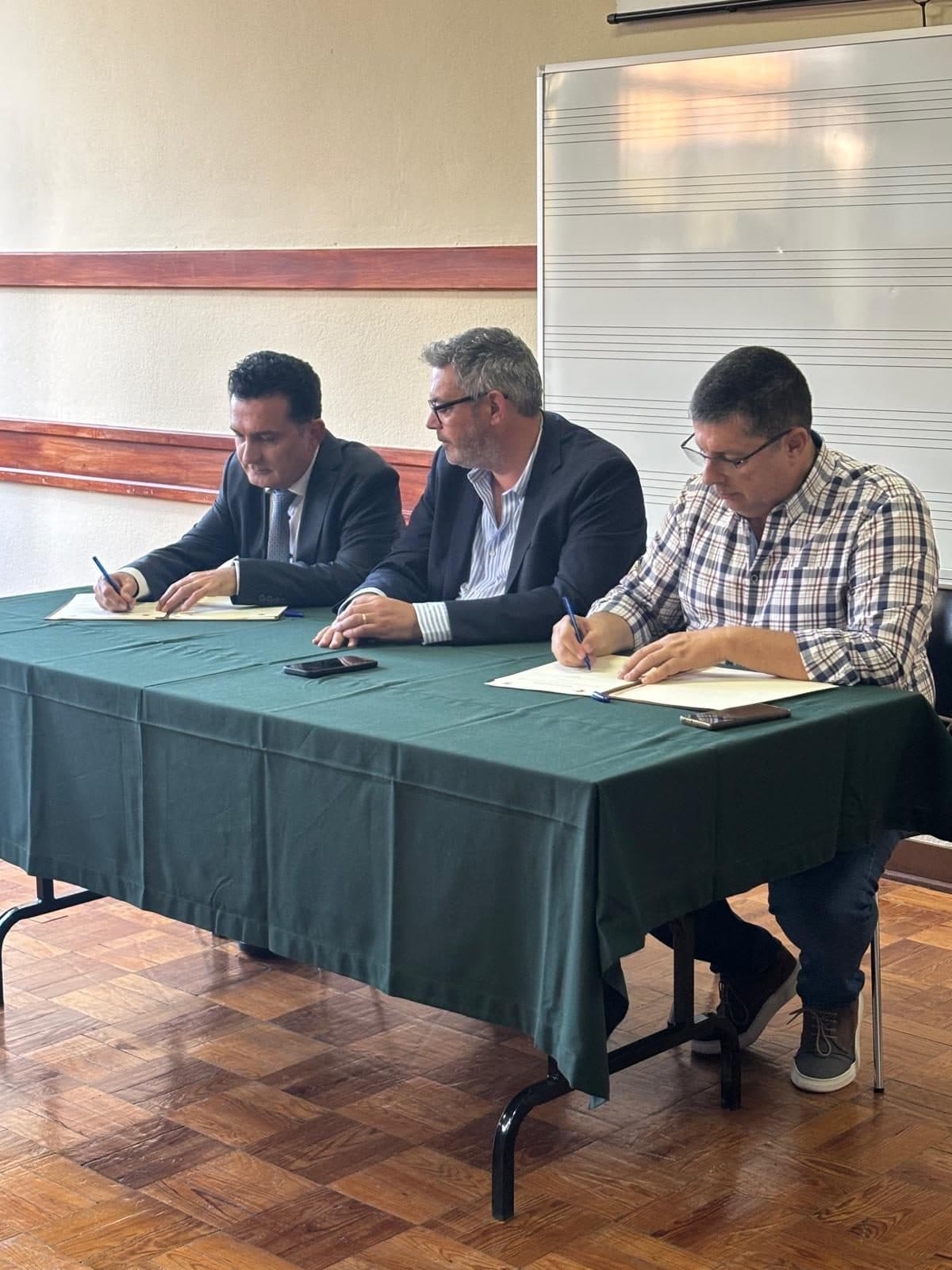Government and TML align strategies for the future of mobility in the Lisbon Metropolitan Area
The Secretary of State for Mobility, Cristina Pinto Dias, visited the facilities of Transportes Metropolitanos de Lisboa (TML) this week, signaling a coordinated effort to advance the region's public transport infrastructure. The visit, which took place at the Palácio Mascarenhas, focused on reviewing the operational capabilities and strategic direction of the entity responsible for managing mobility across the Lisbon Metropolitan Area (AML). The meeting underscores the government's focus on enhancing a system critical to the area's economic and social fabric.
During the tour, the Secretary of State was briefed on the core functions of TML, including customer support services, the extensive operations of the Carris Metropolitana bus network, and the complex information systems that enable daily management of regional transport. Cristina Pinto Dias stated, “It is important to see on the ground the work that has been developed to ensure a more integrated, efficient, and citizen-centric mobility system.” This statement reflects a governmental priority on improving the practical aspects of public transit for a growing metropolitan population.
A subsequent working meeting involved the Secretary of State, First Metropolitan Secretary Carlos Humberto de Carvalho, and the TML Board of Directors, led by President Faustino Gomes. The agenda included a presentation of key performance metrics, which pointed to a significant rise in the use of public transport passes and the “unprecedented growth” of Carris Metropolitana's operational results. These indicators suggest a positive public response to the recently integrated transport system. Investors can find more on regional trends in our market insights section.
The discussion also addressed several memoranda previously submitted by TML to the Secretariat of State for Mobility (SEMOB). These proposals outline future strategies designed to foster the sustainable development of mobility throughout the AML. The alignment on these forward-looking plans is crucial for long-term infrastructure planning and ensuring the region can accommodate future growth. For a deeper dive into how such developments affect property, our geographic deep dives blog offers further analysis.
Need Expert Guidance?
Get personalized insights from verified real estate professionals, lawyers, architects, and more.
Faustino Gomes, President of TML, commented on the visit's significance, noting, “This visit reinforces the importance of cooperation between the tutela [supervisory authority] and metropolitan entities in the construction of sustainable, high-quality mobility solutions.” This collaborative approach is fundamental to navigating the complexities of a multi-municipal transport network and delivering reliable services to the public.
Carlos Humberto de Carvalho, First Secretary of the AML, added that the Secretary of State's presence “demonstrates the recognition of the joint work that has been developed in the AML and in TML, in a continuous effort to improve public transport services and respond to the needs of the metropolitan populations.” The meeting involved a comprehensive overview of how TML coordinates the various transport operators, municipalities, and passengers to maintain a cohesive network.
The official delegation accompanying the Secretary of State included TML administrators Rui Lopo and Paula Castro, who provided detailed insights into the technical and operational frameworks. The visit and subsequent strategic discussions represent a key step in solidifying the long-term vision for mobility in one of Portugal's most vital economic regions. Understanding these infrastructure plans is essential for anyone considering buying property, and consulting with English-speaking real estate lawyers can clarify any legal implications.
Explore community-focused property opportunities at realestate-lisbon.com.






